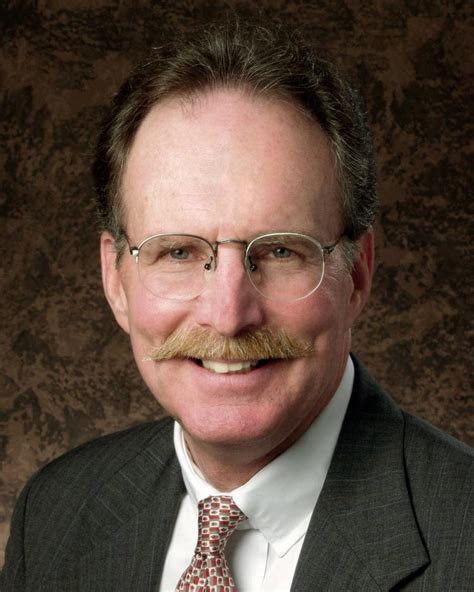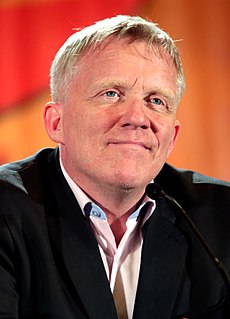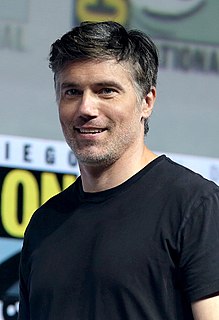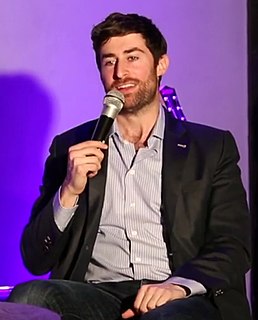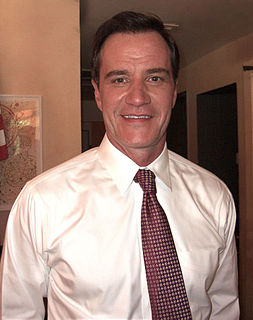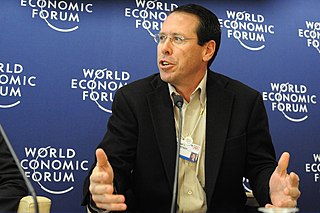A Quote by Kevin Reilly
There are not going to be hundreds of cable networks doing original programming; they won't be able to sustain the model.
Related Quotes
I think its going to be continually tougher on the big networks as more cable channels do really interesting television. The big networks have a choice to make: Do we try to be all things to all people and get the shows that will deliver 20 million viewers a week? Are we the McDonald's of television? Or are we going to try to be more specific?
